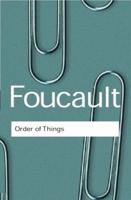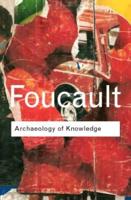Publisher's Synopsis
The republic is a Socratic discourse, composed by Plato around 375 bc, concerning equity, the request, and character of the fair city-state, and the simple man. It is Plato's most popular work and has demonstrated to be one of the world's most powerful works of reasoning and political hypothesis, both mentally and verifiably. In the discourse, Socrates chats with different Athenians and outsiders about the significance of equity and whether the simple man is more joyful than the uncalled for man. They consider the natures of existing systems and afterward propose a progression of various, speculative urban communities in correlation, coming full circle in calliopsis, an idealistic city-state managed by a rationalist ruler. They likewise examine the hypothesis of structures, the everlasting status of the spirit, and the job of the logician and verse in the public arena. The discourse's setting is by all accounts during the Peloponnesian war.










